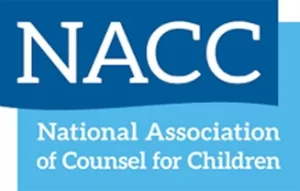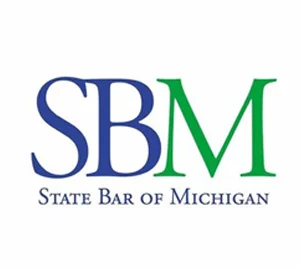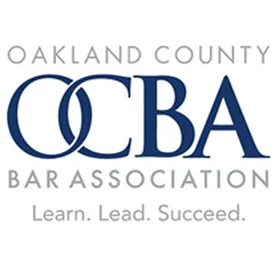
Navigating Michigan’s Read by Grade Three Law can be challenging for parents. At Kirsch Daskas Law Group, we aim to provide clarity and support to families facing these educational hurdles. Our dedicated team of education law experts is here to help you understand and advocate for your child’s educational needs.
What is the Read by Grade Three Law in Michigan?
The Read by Grade Three Law mandates schools to identify students struggling with reading and writing and provide additional support. According to the law, third graders may be required to repeat the grade if they are more than one grade level behind, starting with the 2019-2020 school year.
How is My Child Identified as Having a Reading Concern?
Early Assessments
Children from kindergarten through third grade are assessed within 30 days of the start of the school year. If a concern is identified, an Individualized Reading Improvement Plan (IRIP) is created to address the deficiencies.
What is an Individualized Reading Improvement Plan (IRIP)?
Development and Purpose
An IRIP documents a student’s reading deficiencies and outlines interventions for improvement. Any student identified with a reading concern must have an IRIP, which includes:
- Extra instruction or support in needed areas
- Ongoing progress checks
- A Read-at-Home plan to encourage reading and writing outside of school
Who Develops the IRIP?
The IRIP is developed within 30 days of identifying a reading concern, involving teachers, the principal, parents or guardians, and other relevant individuals. The IRIP remains in place as long as there is a reading concern and is updated regularly to reflect the child’s evolving needs.
What Happens at the End of the School Year?
Monitoring and Reporting
An Early Reading Deficiency (ERD) Report is submitted to the Michigan Department of Education at the end of each school year. This report includes:
- Reading Deficiency Identification: Indicates if a student has a reading deficiency and has an IRIP.
- Reading Deficiency Continuation: States if the student still has a reading deficiency by year-end.
- Reading Deficiency Activities: Lists all interventions provided, such as before-school, during-school, after-school programs, summer programs, and Read-at-Home plans.
What is the “Read at Home Plan”?
Collaborative Efforts
A Read at Home Plan is developed between the school and family to support the child’s reading at home. Schools provide resources, activities, and coaching to help parents or guardians assist their child effectively.
What If My Child’s Reading Does Not Improve?
Assessment and Potential Retention
In the spring of third grade, students take the Michigan Student Test of Educational Progress (M-STEP). If a child scores more than one grade level behind, they may be held back. However, this decision is not automatic.
Steps for Continued Support
If a child with an IRIP does not show improvement, several measures are taken:
- Continued Monitoring and Support: The IRIP is regularly updated based on observations and non-standardized assessments.
- Parental Notification: Parents are notified within 30 days if their child has a reading deficiency requiring an IRIP.
- Potential Retention: The school district may notify the family that the child may be held back. Only the school district superintendent can officially retain a student.
What Steps Can Be Taken If My Child Does Not Improve?
Dispute Resolution and Additional Support
If your child is not making progress, contact Kirsch Daskas Law Group for assistance. We can help assess whether appropriate supports and services are being provided and guide you through dispute resolution processes.
Important Notifications
- Notification of Potential Retention: Parents are notified if their child may be retained.
- Disagreement with Retention: If you disagree with the decision, speak to the school promptly.
- Good Cause Exemption: Request this exemption if you believe there are valid reasons for your child not to be retained.
When Will I Find Out if My Child is Being Retained?
Final Decisions
After requesting a Good Cause Exemption, the school will notify you of their decision regarding your child’s retention.
For more information on educational law and to ensure your child receives the necessary support, visit Kirsch Daskas Law Group’s Educational Law page.










